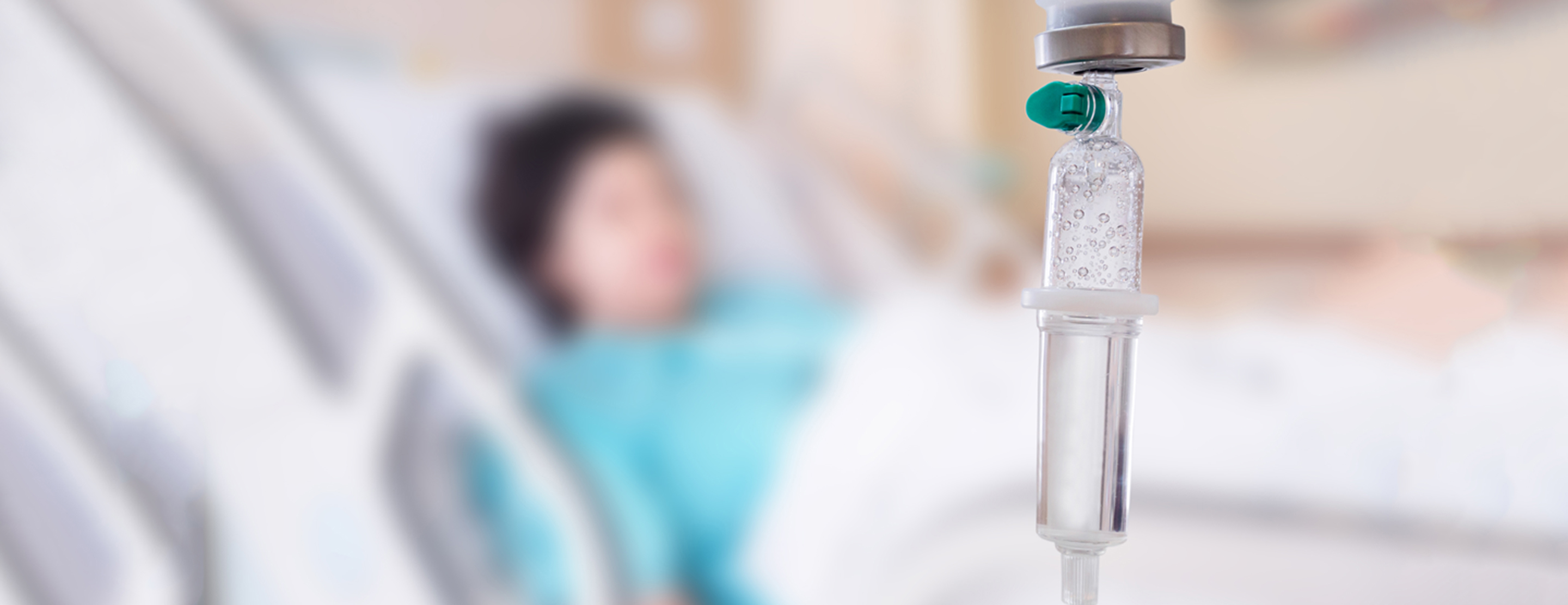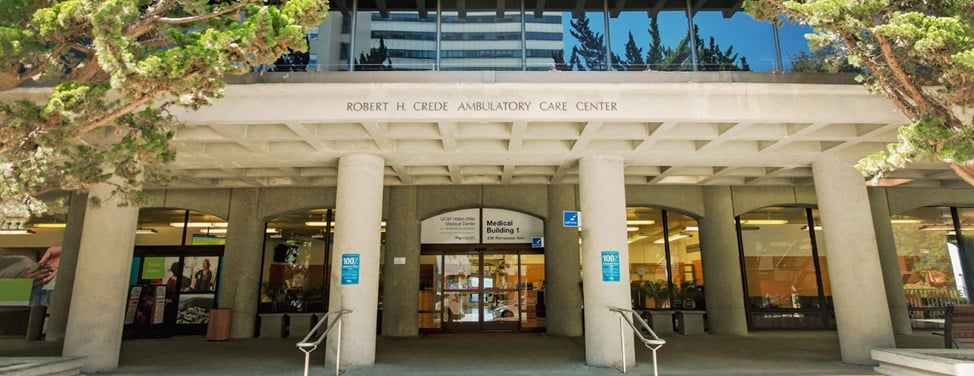
After Living Liver Donor Surgery
- Will I be in the intensive care unit after my surgery?
- How long will I be in the hospital?
- Will I have a scar after the surgery?
- Will I have much pain after the surgery?
- Will pain medication be administered by injection or orally after the surgery?
- Will I have any tubes or drains in me after the surgery?
- How soon will I be able to eat and drink after my surgery?
Will I be in the intensive care unit after my surgery?
After your surgery, you will be taken to the Recovery Room for close observation by the nursing and medical staff. Once we see that everything is stable and that you do not have any bleeding or other complications, you will be transferred to the regular transplant floor.
How long will I be in the hospital?
One half of the donors stay less then seven days after the surgery and the other half stay a while longer.
Will I have a scar after the surgery?
In most cases, the incision heals quickly, leaving a scar that fades over time but will always be visible. If a wound infection develops, you may be left with a wider scar. Occasionally, people develop what is called a keloid, which is the over-growing or over-healing of the skin that results in a raised scar. Keloids can be corrected by plastic surgery if you choose. However, this corrective cosmetic surgery is unlikely to be covered by your recipient's insurance.
Will I have much pain after the surgery?
Unfortunately, you will have significant pain after surgery. We will give you pain medication but you will still be very uncomfortable for at least the first week. You will have less pain as each day goes by, but most of our donors have a significant amount of discomfort for two to four weeks after surgery. Most pain medications make you drowsy, can affect your breathing and may cause nausea or constipation. We will try to get the right balance of pain medication to make you comfortable, but not drowsy, so you can do your deep breathing exercises, cough and walk. A prescription for pain medication will be provided to you before you leave the hospital.
Will pain medication be administered by injection or orally after the surgery?
We use a variety of methods to administer pain medication. You also may have what is called patient controlled analgesic (PCA). With PCA, an intravenous line is attached to a computer-controlled pump. You press a button when you need pain medication. The medicine is immediately administered directly into your vein. Once you are eating normally, we will switch you to a pain medication that is taken orally.
Will I have any tubes or drains in me after the surgery?
You will have one or two intravenous lines in you during and after the surgery so we can give you medications and fluids to keep you hydrated. One of these lines may be used to administer your pain medication. You also will have a catheter (drainage tube) in your bladder so we can monitor how your kidneys are working during and after the surgery. The catheter in your bladder will make it unnecessary to get up to the bathroom immediately after your surgery. You also may have one or two small drainage tubes, called Jackson Pratt (JP) drains, in your abdomen to drain any blood or bile that might leak after the surgery. The tubes and intravenous lines are usually removed within two to three days. The JP drain may stay in for as long as a week or two if there is a lot of drainage or if there is bile in the drainage.
How soon will I be able to eat and drink after my surgery?
As soon as your intestines start to work again after surgery, you will be able to eat and drink again. If you do not have nausea or vomiting with sips of water, you will progress to clear fluids and then to a regular diet within the next fewdays.
UCSF Health medical specialists have reviewed this information. It is for educational purposes only and is not intended to replace the advice of your doctor or other health care provider. We encourage you to discuss any questions or concerns you may have with your provider.






